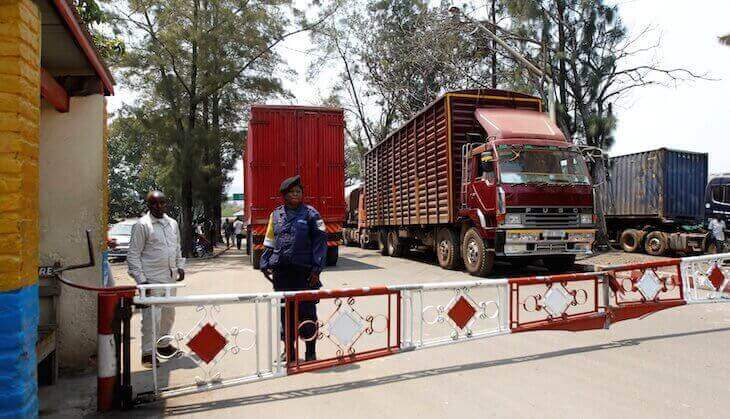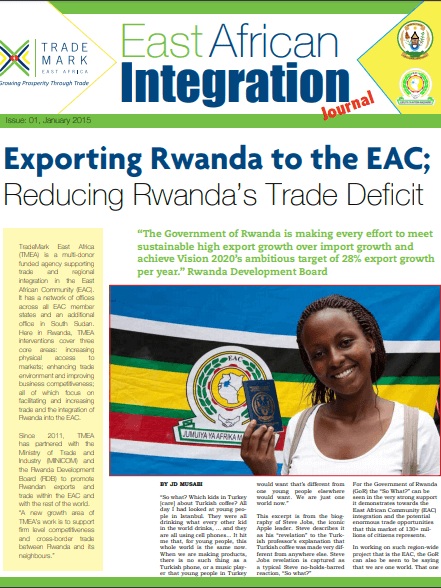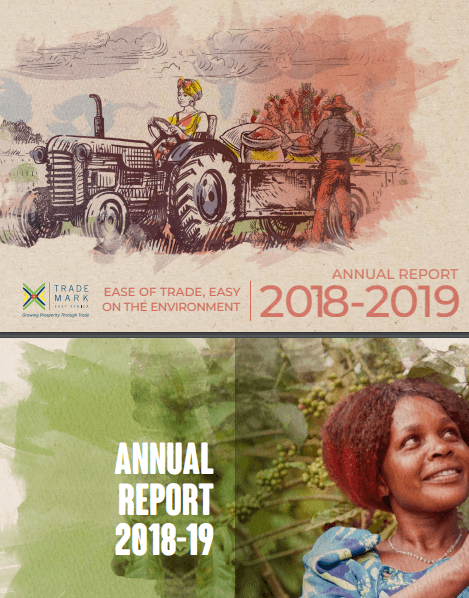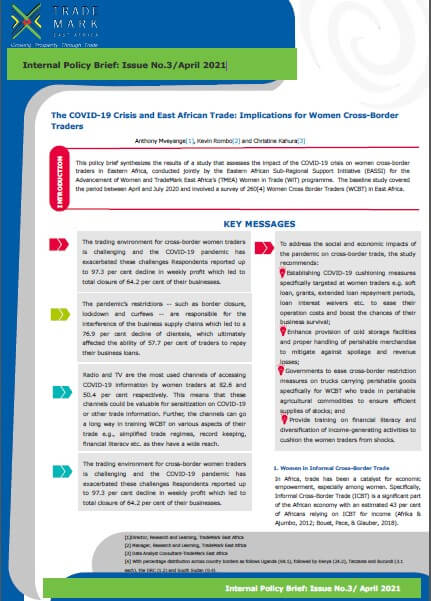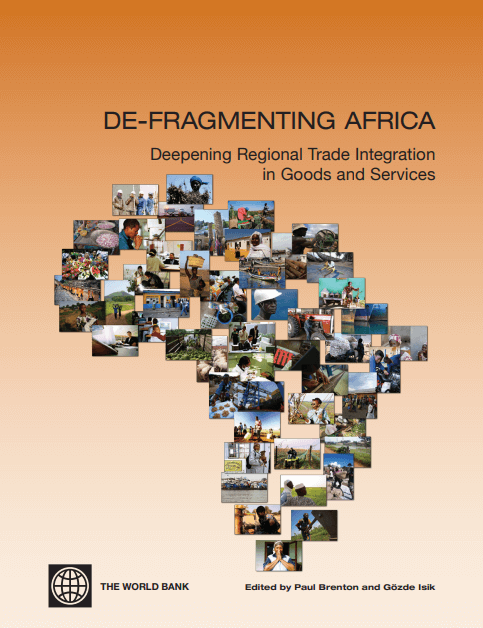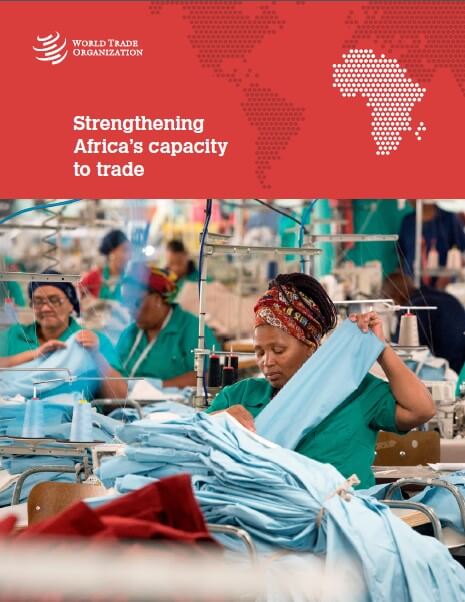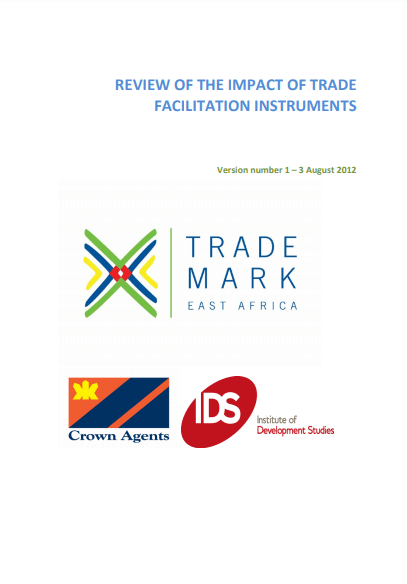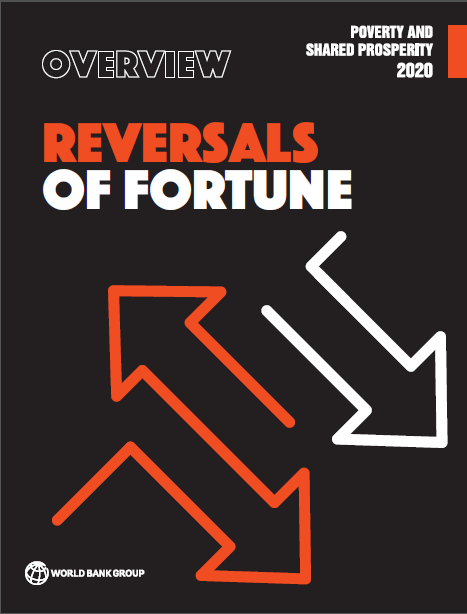[vc_row][vc_column][rev_slider slidertitle="Trade Logistics Information Pipeline (TLIP)" alias="advocacy-and-monitoring-of-ntbs-banner-1"][/vc_column][/vc_row][vc_row][vc_column][custom_inner_menus select_menu="project"][/vc_column][/vc_row][vc_row][vc_column][single_project_block_1 heading="Trade Logistics Information Pipeline (TLIP)" implementor="Revenue Authorities, Partner Government Agencies & IOTA" target_group="Exporters, Clearing and Forwarding agencies, Government agencies involved in export, Importers in the destination market, transporters" project_value="Est. $4,000,000" implementation_period="2019 – 2020" download_btn_text=" Visit TLIP Website" download_btn_link="https://www.tlip.io"] International trade is essentially an information-intensive exercise which requires the generation, transmission and storage of this information as a critical success factor for trade. One of the major challenges affecting international trade flows is the exchange of information between trade actors across borders. The lack of an integrated framework for information exchange across borders makes visibility of goods and services on transit practically impossible and hence no individual actor in the trade supply chain can account for what is being traded on with precise accuracy. The information that is exchanged across borders to support the trade supply chain is mainly through third parties, using manual documents that are susceptible to fraud, and many a times, not synchronized with the movement of the respective goods and services. The existing cross border trade information exchange framework is costly, inefficient, and inaccurate and lacks transparency. How the documents are generated and transmitted to/from destination/source markets has created doubts as there have been incidences of fraud and/or loss of documents. The resulting delays in the process has an impact on the durability (since most exports from EAC are agricultural goods) and competitiveness of these goods. What: The Trade Logistics Information Pipeline (TLIP) aims to address this challenge by...
Trade Logistics Information Pipeline (TLIP)
Posted on: November 7, 2019
Posted on: November 7, 2019

